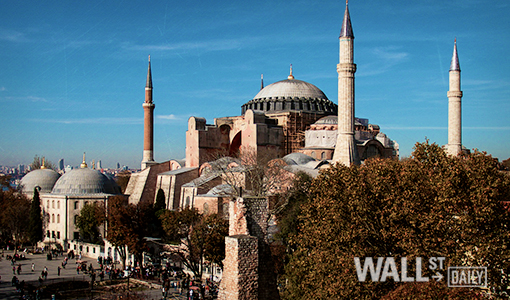
On November 1, Turkey’s president, Recep Erdogan, scored a resounding victory in the country’s general election when his ruling AKP party won 317 of the 550 seats in the Turkish Grand National Assembly. In doing so, his government earned the right to form a government on its own. Good news for investors, right? After all, a majority government brings greater certainty and clarity.
Not so much.
While investors in Turkey would have cheered the news 10 years ago, it’s not the same today. Erdogan proved to be a good steward of the economy when he began his period in office back in 2002. But he’s lost his way since then. His economic management over the past few years leaves much to be desired, and Turkey’s economic prospects remain clouded.
However, the country boasts some compelling upside…
A Speculator’s Dream
On the face of it, Turkey’s economy looks pretty decent. It’s growing, with the International Monetary Fund (IMF) forecasting continued modest expansion of around 3% in both 2015 and 2016. Dig a little deeper, though, and it looks more troubled.
The IMF also projects a current account deficit close to 5% of gross domestic product (GDP) and continued inflation in the high single digits.
In a year when Turkey has benefited immensely from the decline in oil prices and seen its currency decline by 24% against the dollar, that’s very unimpressive and suggests liquidity problems to come. Add in the significant fact that Turkey is involved in the conflicts of the world’s nastiest neighborhood, and it’s a brave soul who ventures into Turkish investments.
Brave… but not stupid. As long as you play the situation right…
Turkey: From High to Low
There’s no question that when Erdogan came to power in 2002, he was an improvement on the secular big-spending socialists who had gone before. He cut back the size of the state, reduced corruption, and encouraged Turkish businesses to thrive – as they did. Turkey’s debt declined as a percentage of GDP and its budget moved towards balance.













Leave A Comment